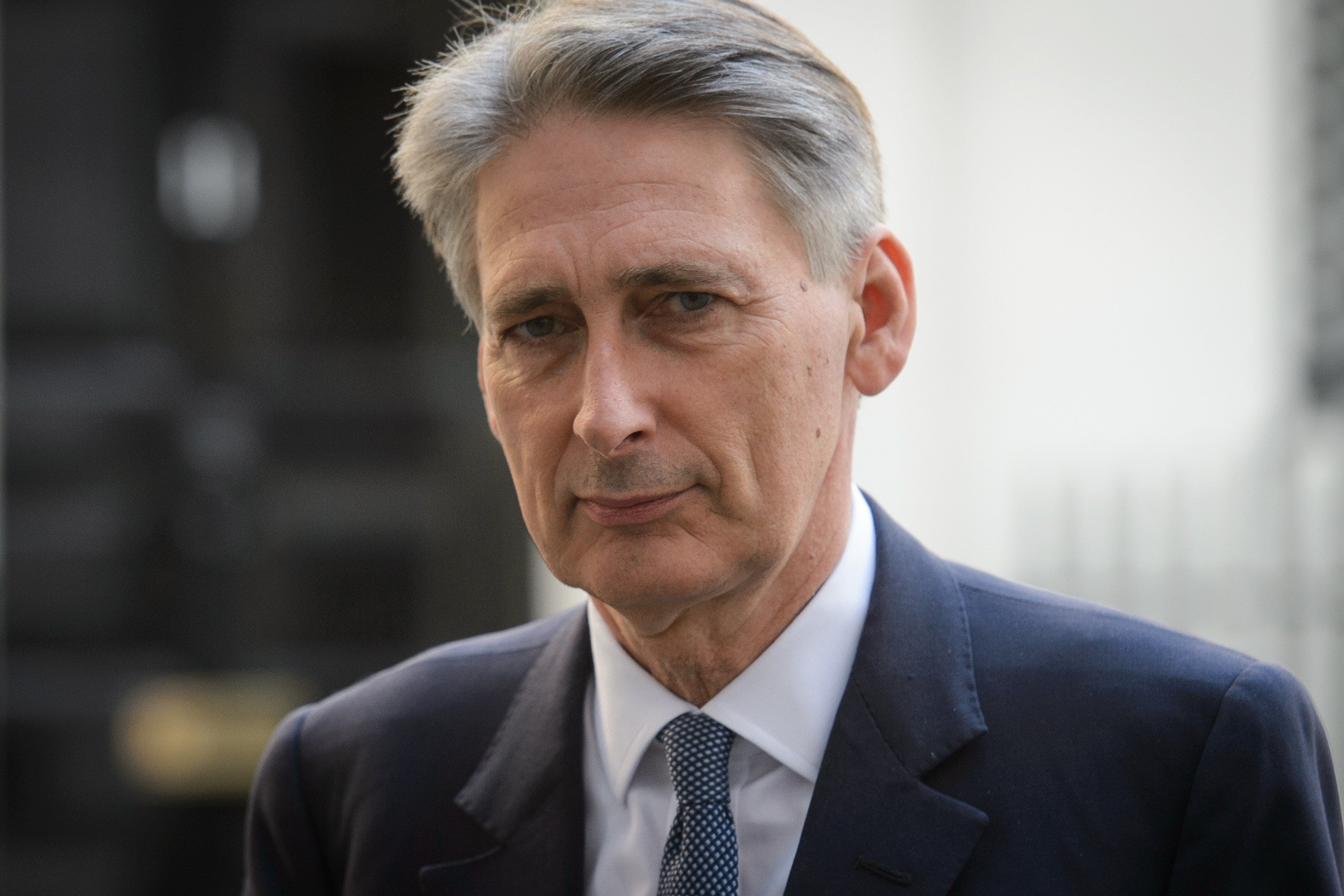James Foley beheading was an 'utter betrayal of Britain', says Philip Hammond
Mr Hammond said that the UK must do all it can to tackle "barbaric" Islamic extremism "threatening us at home", while Yvette Cooper said the situation in Syria and Iraq is "no Spanish Civil War"
Britain’s Foreign Secretary Philip Hammond has launched a scathing attack on the radicalisation of young British Muslims and said the killing of journalist James Foley was an “utter betrayal of our country, our values and everything the British people stand for”.
Several British jihadists fighting with the Islamic State (Isis) in Syria are under investigation after an American reporter was beheaded on camera.
The militant who carried out the act spoke with a clear British accent and the establishment began immediate moves to identify him.
Writing in The Sunday Times, Mr Hammond said: “It is horrifying to think that the perpetrator of this heinous act could have been brought up in Britain.
“The likely involvement of a British citizen in last week’s horrific beheading is further proof of the threats we face from individuals who may carry our passport but do not share our values.”
He added that the government’s security and intelligence agencies were working to intercept “dozens of planned attacks” on home soil and were seizing the passports of anyone they believed would be travelling “to commit terrorist activities abroad”.

According to Mr Hammond, Britain is helping to wipe out the immediate threat of Islamic extremism by arming the Kurdish peshmerga in their efforts to reverse gains made by Isis in Iraq, in addition to supporting the country’s Prime Minister-designate Dr Haider al-Abadi and by choking off Isis’ funding and recruitment.
He also denied that the caliphate, which the militant group seeks to carve out across the northern areas of Syria and Iraq, has any “moral legitimacy” and that the extremism is a “barbaric ideology threatening us at home.”
On whose feet to lay the blame for this “jihad generation” is up for debate, and has led one former senior Muslim Army officer to call out the British society, its political class and its community leaders.
Afzal Amin, 39, who is the Conservative parliamentary candidate for Dudley North, told The Independent that young Muslims in inner-city Britain had been left marginalised by politics and let down by community leaders.
A preacher from Bradford, Alyas Karmani, also lamented there being no “de-radicalisation strategy” in place to prevent young people being enticed by “a psychotic death cult” like Isis.
It comes at Theresa May steps up governmental action on extremist ideology, introducing new anti-jihadist laws which would further stop others travelling abroad to commit crimes, in addition to banning entry to the UK for “hate preachers”.
There are concerns that the amount of Britons leaving to fight in Iraq and Syria could be in the hundreds.
Yvette Cooper, Shadow Home Secretary added in the Sunday Times that Isis' quest is “no Spanish civil war.”
“[Isis] extremists are beheading people and parading their heads on spikes, subjugating women and girls, killing Muslims, Christians and anyone who gets in their way. This is no liberation movement — only a perverted, oppressive ideology that bears no relation to Islam.”
Ms Cooper also said that the government must tackle the challenge of social media and how the calls to join the fight are often given narratives that it would be an “adventure”.
A 24-year-old rapper from Maida Vale is believed to be one of the British fighters under investigation.
Join our commenting forum
Join thought-provoking conversations, follow other Independent readers and see their replies
Comments